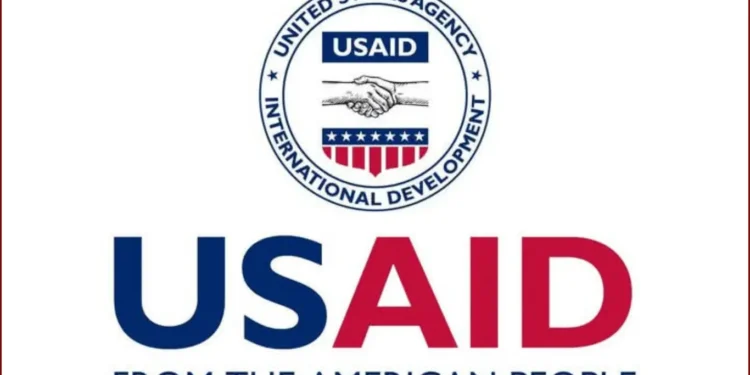The current president of the United States, Donald J. Trump, serving his second term in office, is considering a foreign aid cut to South Africa due to what he termed “treating certain classes of people VERY BADLY.” following the signing of the Expropriation Act.
Trump’s threats come amid the growing concern over a new apartheid era targeting the white minority, particularly coined through the new land seizure law known as the Expropriation Act 13 of 2024.
Elon Musk, who’s heading the Department of Government Efficiency (DOGE), has also lobbed his support for the move to cut funds to South Africa by the current Trump administration.
Trump has accused South Africa of confiscating land and taking a racially discriminatory approach to certain classes of people, which he described as a massive violation of human rights.
This has, however, been seen and treated as poking fingers in foreign sovereignties by his ardent critics despite his promise to put American interests first.
“South Africa is confiscating land and treating certain classes of people VERY BADLY. It is a bad situation that the Radical Left Media doesn’t want to so much as mention. A massive Human Rights VIOLATION, at a minimum, is happening for all to see,” Trump stated on Truth Social.
“The United States won’t stand for it; we will act. Also, I will be cutting off all future funding to South Africa until a full investigation of this situation has been completed,” he remarked.
South African President Cyril Ramaphosa’s Response to Trump
The South African president refuted the statements by the US president that South Africa is confiscating lands through the Expropriation Act but legal gateways to equitable land accessibility routing on a constitutional interpretation.
“South Africa is a constitutional democracy that is deeply rooted in the rule of law, justice, and equality. The South African government has not confiscated any land, SA President Ramaphosa stated on X in response to Trump’s accusation.
“The recently adopted Expropriation Act is not a confiscation instrument but a constitutionally mandated legal process that ensures public access to land in an equitable and just manner as guided by the constitution,” he added.
Elon Musk, who has for several times blamed the South African government for the racial segregation of the white community, asked the South African president, “Why do you have openly racist ownership laws?”
What Expropriation Act is all about
The Expropriation Bill was signed into law by President Cyril Ramaphosa on January 23, 2025, allowing for the expropriation of land under certain conditions deemed “just and equitable”, that align with the South African Constitution.
The act allows for the expropriation of land in the public interest without compensation, marking a shift from the previous “willing seller, willing buyer” principle established in the apartheid-era Expropriation Act of 1975.
The Act is seen as a replicate of historical land ownership injustices lodged against the white farmers/landowners on the Black South Africans.
The apartheid rule established laws such as the Natives Land Act of 1913 and subsequent legislation, which systematically dispossessed Black South Africans of their land and restricted their rights to own property.
As of 2019, approximately 72% are privately owned and agricultural land, cumulatively 26.7 million hectares held by white individuals, representing 22% of South Africa’s total land area.
The South African government, on the other hand, holds 2.54 million hectares of land through the Proactive Land Acquisition Strategy (PLAS), leased to beneficiaries for agricultural productivity. ADDITIONALLY, 630,000 hectares are held for non-agricultural purposes.
A grim disparity, however, still lingers as black individuals still own just 1% of total agricultural land, accounting for 1.3 million hectares.
19.3 million hectares (25%) had been transferred through a combined restitution, distribution, and private purchase from former white-owned farmland to black ownership.
South Africa’s government aims to bridge the land ownership gap closer to 30% by 2030—away to return much of the farmland to Black South Africans through redistribution and other efforts.
Trump’s ultimatum has triggered a wound that has failed to heal for decades, even going all the way to exposing SA government’s efforts to take back the land ownership from white to the black majority through the racially deemed ownership laws. However, racial disparities are still at large—dominated by the white individuals, despite the population demographics.







